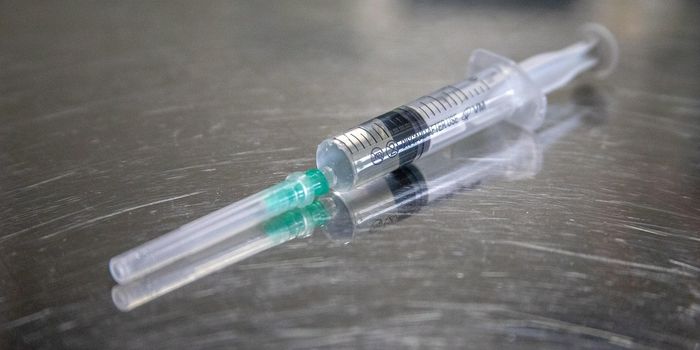Therapeutic Target Reduces Disease-Driving Inflammation
Inflammation is generally a good response that occurs in the body when infected with a foreign pathogen. The infected area gets hot and swollen from immune cell infiltration to kill the pathogen. As soon as the pathogen is killed, the body sends signals to reduce inflammation and bring the body back to baseline or homeostasis. This acute inflammation is necessary, but when inflammation is prolonged or chronic, it can have devastating effects.
Cytokines are small proteins released by cells that help direct function and communicate between one another. During inflammation many different cytokines are released to signal immune cells to come and kill the pathogen. Additionally, once the immune cells get there, they also release cytokines to get more immune cells to the sight of infection. There becomes a positive feedback loop until the pathogen is killed, in which the cells then send anti-inflammatory cytokines to regulate the immune system. In chronic inflammation the release of inflammatory cytokines is sustained and leads to a “cytokine storm”. A “cytokine storm” is a phrase used to describe millions of different cytokines in an area with inflammatory functions. A “cytokine storm” usually leads to cytokine release syndrome (CRS), which makes a person sick. CRS can result in many different symptoms including, but not limited to, fever, fatigue, headache, and rash. In extreme cases, it can result in infection and even death. Researchers have been trying to mediate CRS especially since many patients experienced CRS from COVID-19.
Recently a new study was published in Science by European Molecular Biology Laboratory (EMBL) researchers led by Dr. Matthew Bowler, which highlights a protein known as p38α, that activates the release of cytokines. The protein p38α is part of the Mitogen Activated Protein Kinase (MAPK) family, which increases inflammation to kill pathogens. Bowler and colleagues have studied the MAPK family for years and understand its function to transmit signals for inflammation and activate gene expression. The ‘switch’ to activate gene expression is done through a chemical group known as phosphate, which attaches to other molecules for activation. This functional modulation plays a key role in inflammatory response.
The MAPK family has different pathways and a series of proteins known as kinases transcribe a cascade of reactions when activated. Genes are then activated to become expressed which increase inflammation. The process releases pro-inflammatory cytokines leading to cytokine storms. The chain reaction of kinases occurs at different checkpoints and p38α is one checkpoint which dictates an inflammatory response. Since p38α is the last checkpoint before a function is carried, it makes this protein ideal as a therapeutic target. Many drugs have been designed to target p38α since it regulates the inflammatory response, but specificity of the drugs is still unclear. Bowler and colleagues identified docking sites where p38α and another protein, known as MKK6, interact which drives inflammation. Further experiments on enzymatic activity confirmed the interaction between these two proteins was crucial for inflammation.
Bowler and colleagues, for the first time, demonstrated the impact between p38α and MKK6, which promotes inflammation. In addition, this information has the potential to generate more specific therapeutic treatments that bind to the docking sites between p38α and MKK6. This discovery could improve treatment efficacy and prolong life or eliminate the possibility of death when someone is diagnosed with CRS. Overall, this work can help improve the treatment and quality of life for many patients that experience CRS.








